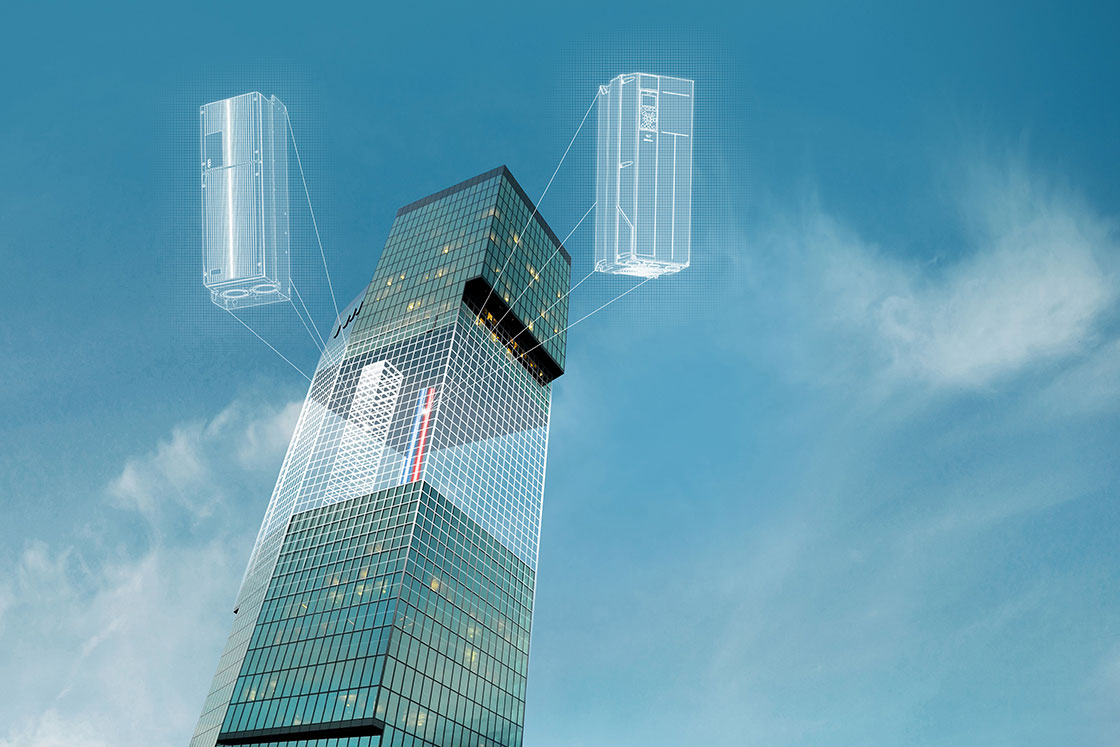SINGAPORE, 28 March 2019 – Today, over 180 senior business leaders, policymakers and innovators gathered at the Energy Efficiency Summit in Singapore to explore how innovative technologies have the potential to develop Southeast Asia’s (SEA) cities into “climate-smart” cities. The event is hosted by Danfoss, the world leader in energy efficiency innovation, in partnership with Eco-Business and the Danish Embassy.
Across the region, cities are being transformed by rapid urbanization. By 2025, almost 50 per cent of the total population in SEA will be living in cities[1]. As consumption of food and energy drastically increases to meet the demands of surging populations, governments across SEA are under overwhelming pressure to ensure cities are both livable and sustainable. Energy efficient solutions are being seen as vital in reshaping this landscape.
“Denmark is not only committed to make a strong response to climate changes – we want to push global actions and ambitions. To step up the engagement across the field, we continuously seek to foster and strengthen public-private partnerships ensuring green growth and a sustainable future for all”, said Dorte Bech Vizard, Ambassador of Denmark to Singapore.
The change in climate demands for concerted action to be taken in reducing the carbon footprint of cities. The Summit, entitled, ‘Tomorrow’s Cities: Engineering the energy transition’, focused on innovative solutions which address key environmental challenges unique to SEA, including:
- The retrofitting of commercial buildings – Buildings account for 40 per cent of the total energy consumption and one-third of CO2 emissions in cities[2]. In addition to the adoption of sustainable construction practices such as green building standards across the region, new solutions can enhance the efficiency of current infrastructure. In Singapore, Danfoss has retrofitted buildings with energy efficient technologies, with the potential to yield energy savings of up to 50 per cent.
- A cleaner energy footprint for cold chain – Approximately 1.3 billion tons of food produced in the world for human consumption every year gets wasted[3]. Cold chain plays an essential role in preserving food quality and preventing waste but requires modern temperature-controlled storage facilities to yield greater value and significantly reduce wastage.
- Maritime electrification – The marine industry is responsible for about 90 per cent of all goods transported globally[4]. However, as global pressure increases on the shipping industry to take more proactive steps in addressing carbon emissions, marine electrification is set to transform the landscape. In 2017, Danfoss delivered new electrical drive chain technology for the first e-ferry in Asia, which reduced fuel consumption by at least 33 per cent.
Mr Soren Kvorning, President Asia Pacific, Danfoss, said, “Smart solutions can eliminate up to 270,000 kiloton of greenhouse gas (GHG) emissions in SEA cities every year, with the potential to extract twice as much economic value from the energy we use today. As a pioneer of sustainability, Singapore has already reduced their emissions by 37 per cent between 2000 and 2014, and supported by Danfoss technology, progressive solutions can be implemented across the region to save more energy, reduce emissions and lower costs for developers.”
Mr Kvorning continued, “The transition of our cities towards a sustainable future has only just begun. Collaboration between all stakeholders – from governments, policy makers to industry leaders – is essential to ensure we seize all opportunities to benefit the cities of tomorrow.”
In shedding light on the opportunities brought by smart solutions, the Summit presented a clear call-to-action for attendees to work together and drive sustainability in the region.
For more information:
Danfoss:
Tan Shyue Wern, wern@danfoss.com
Related links:
For more information, please visit: https://www.danfoss.com/en-sg/

Engineering the world of Tomorrow
Danfoss engineers advanced technologies that enable us to build a better, smarter and more efficient tomorrow. In the world’s growing cities, we ensure the supply of fresh food and optimal comfort in our homes and offices, while meeting the need for energy-efficient infrastructure, connected systems and integrated renewable energy.
Our solutions are used in areas such as refrigeration, air conditioning, heating, motor control and mobile machinery.
Our innovative engineering dates back to 1933 and today Danfoss holds market-leading positions, employing 28,000 and serving customers in more than 100 countries. We are privately held by the founding family.
